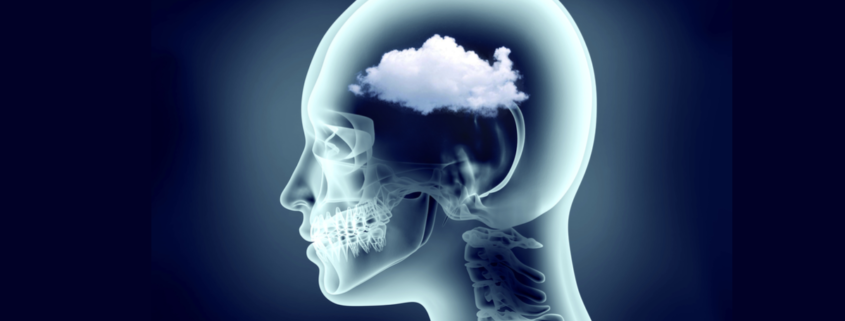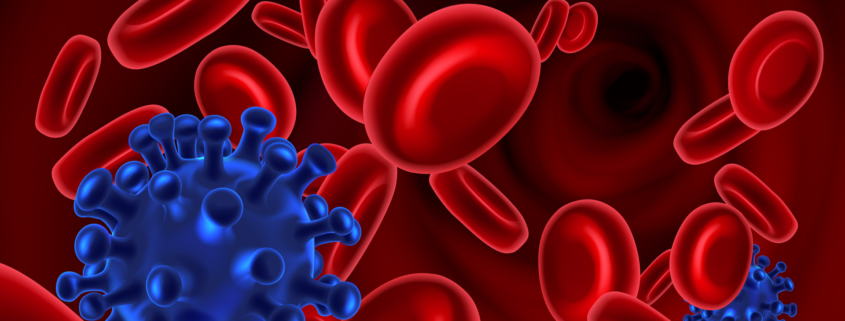Did you celebrate on Saturday when the time change gave you an extra hour of sleep? I hope you actually slept rather than using that time to work, play, or do anything else.
I’ve written often about the value of sleep for our wellness. Losing (or gaining) an hour of sleep can happen more than in the fall or the spring. It can happen when your schedule gets overwhelmed, or you work shifts. It’s the circadian rhythm everyone talks about.
Science and Your Sleep Rhythm
Science is constantly learning more about the body, and more recently has discovered that each of our cells also has its own clock. Never saw that in your high school biology text, did you?
To optimize your health, it is important to pay attention to and honor our built-in patterns of waking, sleeping and eating, commonly referred to as our circadian rhythm. This rhythm affects the core function of your body as it rises and falls at certain times of the day. For example, growth hormone production usually rises at night while you are sleeping. If your stomach is not full of food at that time, the growth hormone will help to repair your stomach lining.
Circadian Rhythm Tips
To leverage these daily rhythms, we just have to do a few things — sleep at the right time, eat at the right time, and get a little bright light during daytime. Let’s look at these areas more closely.
Sleeping less than 6 hours a night limits your body’s ability to heal and restore after the day’s demands. Studies have also shown that this shortened sleep dramatically increases the risk of insulin resistance, which is at the core of many chronic diseases. Shift workers, who are often deprived of regular sleep, are more likely to develop insulin resistance, leading to diabetes and more.
Effective sleep is influenced by your body’s production of melatonin, which is heavily controlled by light exposure. In the days of candles and lanterns, lights used at night did not interfere with melatonin. Today’s electronics, LED and fluorescent lighting emits a blue light that does. Solution? You can either change your light sources in areas that you frequent in the evening, or you can wear blue-filtering eyeglasses at night.
Circadian Rhythm and Eating
Circadian rhythm in humans is also impacted by your mealtimes. Just like many cleanout functions occur in your brain during deep sleep, our other organs need downtime. Your digestive system has a Migrating Motor Complex that acts something like a street sweeper, cleaning through your intestinal tract when you give it time between meals and don’t snack frequently. If you have constipation, this MMC doesn’t function; and if you eat every couple of hours, it also doesn’t engage.
In time-restricted feeding trials, it has been discovered that mice whose feeding are restricted to a window of 8-12 hours are protected from obesity, diabetes, cardiovascular disease, systemic inflammation and a host of other diseases. In order for your digestive system to benefit from circadian rhythm, fast for at least 12 hours a day. This could be comprised of fasting for 3 hours before bedtime, 8 hours of sleep, and fasting an hour when you wake to allow your melatonin to level off.
How Can I Help You?
How can you keep rhythm with your circadian rhythm? Just like you would dance – one step at a time. You won’t change things suddenly, but small changes, step by step, can restore your rhythm and help you flow into wellness. Let’s chat and see how we can help you feel better!










